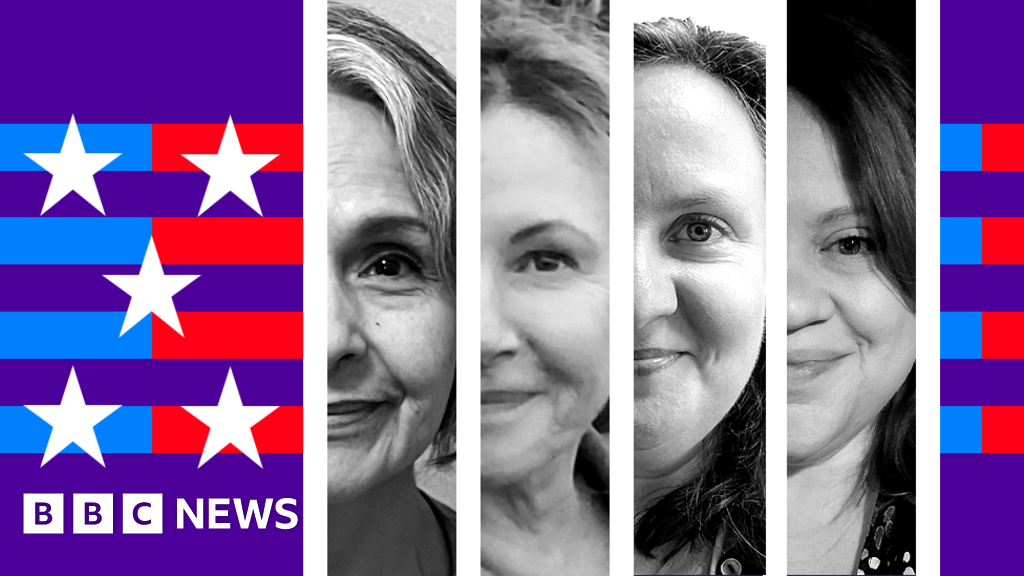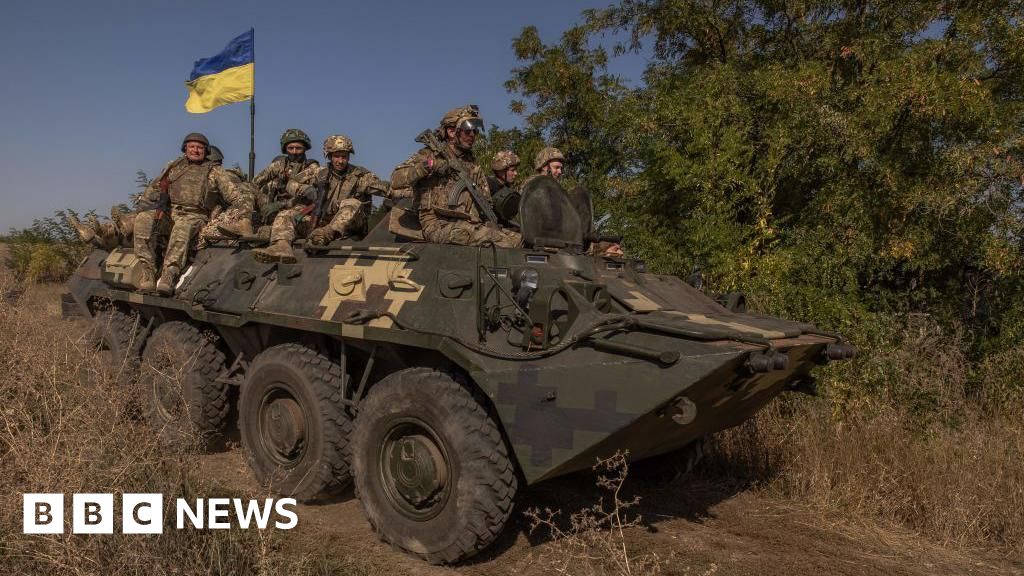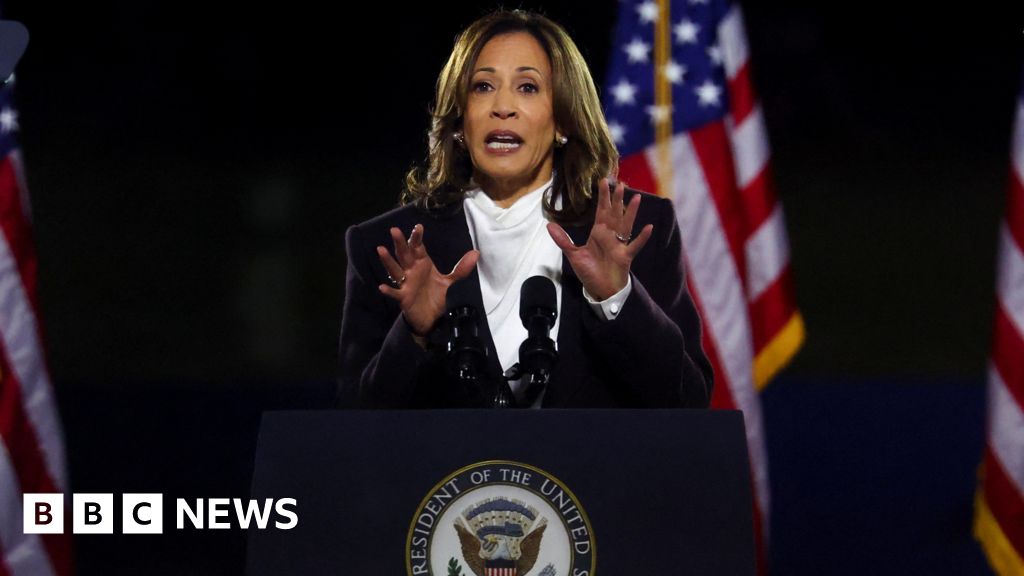ARTICLE AD BOX
Watch: The moment Canadian lawmakers celebrate Ukrainian Nazi
By Nadine Yousif in Toronto and Max Matza in Seattle
BBC News,
An invitation to parliament for a Ukrainian man who fought for a Nazi unit in World War Two is "deeply embarrassing" to Canada, Prime Minister Justin Trudeau says.
Yaroslav Hunka, 98, got a standing ovation after House of Commons Speaker Anthony Rota called him a "hero" during a Friday visit by Ukraine's president.
Mr Rota has said he did not know of Mr Hunka's Nazi ties and made a mistake in inviting him to attend the event.
He faces calls to resign.
On Monday, Mr Trudeau told reporters it was "extremely upsetting that this happened".
"This is something that is deeply embarrassing to the parliament of Canada and by extension to all Canadians."
The incident took place on Friday, when the parliament was hosting an address by Ukrainian President Volodymyr Zelensky.
Mr Hunka was sitting in the gallery of the House of Commons when Mr Rota pointed to him, saying the man was "a Ukrainian hero, a Canadian hero, and we thank him for all his service".
Those present in the building responded with applause.
Thousands of Ukrainians fought on the German side during the war, but millions more served in the Soviet Red Army.
In a statement on Sunday, Mr Rota said he had "subsequently become aware of more information which causes me to regret my decision" to honour Mr Hunka.
"No one, including fellow parliamentarians and the Ukraine delegation, was aware of my intention or of my remarks before I delivered them," he said.
Image source, Reuters
Image caption,Speaker of the House of Commons Anthony Rota issued a second apology on Monday
"This initiative was entirely my own, the individual in question being from my riding [district] and having been brought to my attention."
He said: "I particularly want to extend my deepest apologies to Jewish communities in Canada and around the world. I accept full responsibility for my actions."
Responding to his statement, the Canadian Jewish group the Centre for Israel and Jewish Affairs said it appreciated the apology, adding that "proper vetting is imperative to ensure such an unacceptable incident does not occur again".
Mr Rota apologised again on Monday, speaking in person to colleagues on the floor of the House.
He is facing calls from opposition politicians to resign, including New Democrat MP Peter Julian, who called the incident an "unforgivable error".
"Unfortunately I believe a sacred trust has been broken," he said in the House.
Mr Trudeau on Monday did not call on Mr Rota, who is a member of the prime minister's Liberal party, to step down.
His office has said the decision to invite Mr Hunka had been made by the Speaker's office alone.
It also denied allegations that a private meeting took place between Mr Hunka and the prime minister.
Image source, Alamy/Canadian Press
Image caption,Yaroslav Hunka (right) waits for arrival of Ukrainian President Volodymyr Zelensky
The decision to honour a man with ties to Nazi Germany could have implications beyond Canada's borders.
Poland's Ambassador to Canada was among those voicing anger, saying that he expected an apology for parliament "whitewashing such villains".
Speaking on Monday, Mr Trudeau also suggested that Russia would use the appearance to push a false narrative on Ukraine.
President Vladimir Putin of Russia has sought to justify his invasion of Ukraine by falsely claiming Russia wants to "denazify" the country.
"I think it's going to be really important that all of us push back against Russian disinformation and continue our steadfast unequivocal support for Ukraine," Mr Trudeau said.
Kremlin spokesperson Dmitry Peskov called the incident in the House "outrageous" on Monday.
"Many Western countries, including Canada, have raised a young generation that does not know who fought whom or what happened during the Second World War. And they know nothing about the threat of fascism," he said.
During World War Two, Mr Hunka served in the 14th Waffen-SS Grenadier Division, also known as the Galicia Division - a voluntary unit made up mostly of ethnic Ukrainians under Nazi command.
Division members are accused of killing Polish and Jewish civilians, although the unit has not been found guilty of any war crimes by a tribunal.
The unit was renamed the First Ukrainian Division before surrendering to the Western Allies in 1945.
Dominique Arel, chair of Ukrainian studies at the University of Ottawa, told CBC News that the division Mr Hunka was part of had attracted thousands of Ukrainian volunteers, many joining with hopes they could achieve Ukrainian independence.

 1 year ago
19
1 year ago
19








 English (US)
English (US)